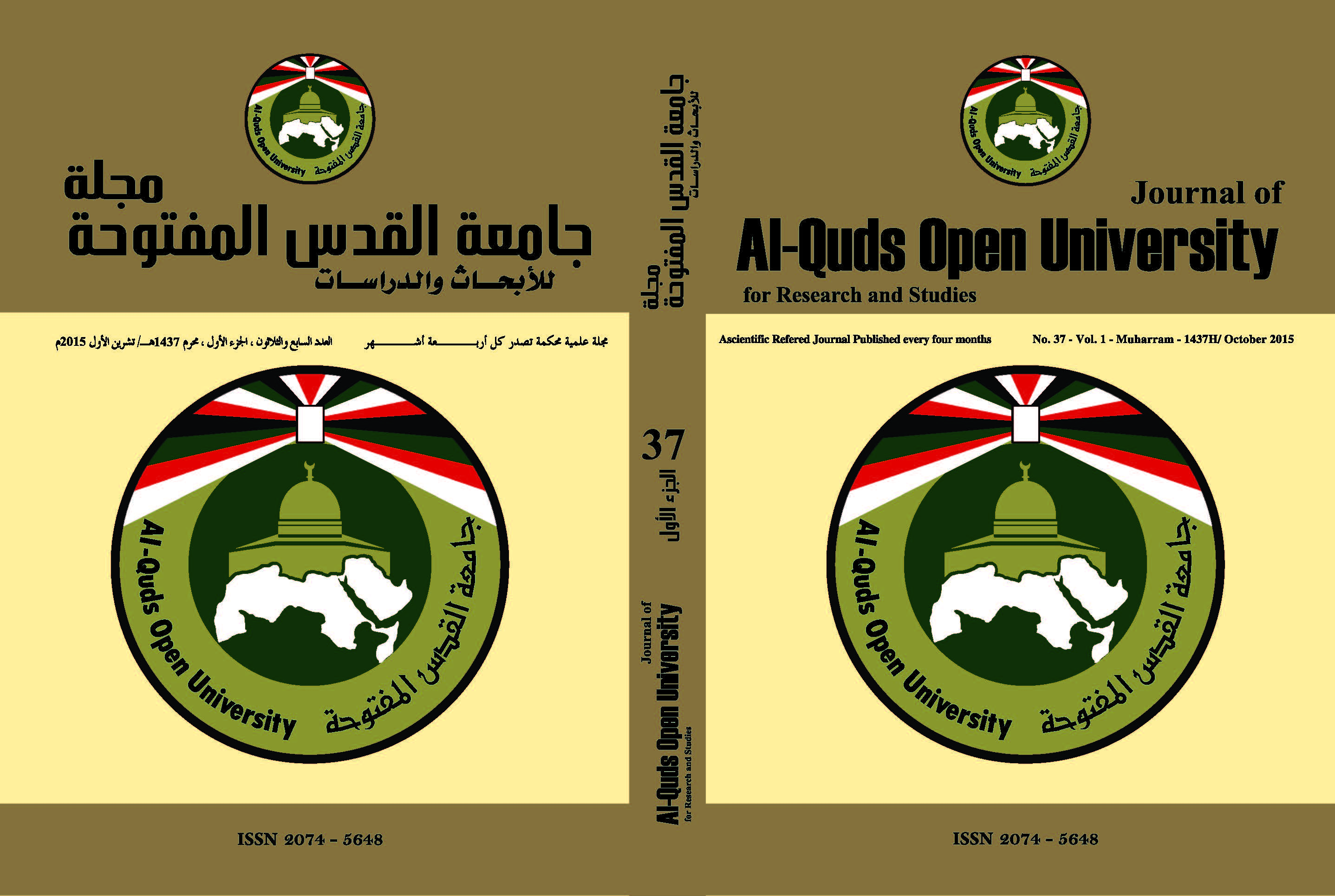أثر الإنفاق العام على النمو الاقتصادي في الجزائر 1997-2011 دراسة قياسية وفق سببية Granger
الكلمات المفتاحية:
الإنفاق العام ، النمو الاقتصادي ، البنية التحتية، أثر الطلب ، الآثار الجانبيةالملخص
عرفت الجزائر نمواً قياسياً لإيرادات الموازنة نتيجة الارتفاع غير المسبوق الذي تشهده أسعار النفط في الأسواق العالمية منذ مطلع العشرية الأخيرة ، وهو ما سمح باتباع ثلاث برامج تنموية من الإنفاق الاستثماري على البنى التحتية و هذا منذ سنة 2001. هذا النموذج التنموي يعبر عن خيار مختلف عن الذي اُتبع خلال سنوات السبعينيات من القرن الماضي ( الصناعات المصنعة ). وفي السياق نفسه من الضروري الإشارة إلى أن الإنفاق العام لطالما اعتبر أداة تقليدية للإنعاش الاقتصادي خلال فترات الركود إذا خصِّص واُستخدم بطريقة فعالة ومثلى.
هذه الدراسة تهدف إلى تحليل أثر السياسة الإنفاقية المتبعة في الجزائر، و ذلك من خلال اختبار سببية العلاقة بين الإنفاق العام( و مكوناته ) و النمو الاقتصادي للفترة 1997 – 2011 ، عبر استخدام الطرق القياسية المتناولة للسلاسل الزمنية وخاصة اختبار السببية لـ Granger . و قد خلصت الدراسة إلى أن الإنفاق العام قد تسبب في النمو الاقتصادي و ليس العكس، و أن هناك غياباً لأي أثر للإنفاق الاستثماري على النمو الاقتصادي ، غير أن هذا الأخير تسبب في ارتفاع حجم الإنفاق الاستثماري.التنزيلات
منشور
كيفية الاقتباس
إصدار
القسم
الرخصة
- الالتزام التام بأخلاقيات البحث العلمي.
- الالتزام التام بحقوق الملكية الفكرية.
- حقوق الطبع والنشر تؤول للمجلة.
- الحصول على موافقة المجلة لإعادة نشر البحوث أو ترجمتها.
- الالتزام التام بتعليمات هيئة تحرير المجلة.













_2.png)
_.png)
_2.png)
_1.png)
_.png)

